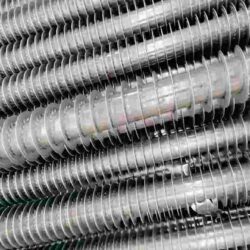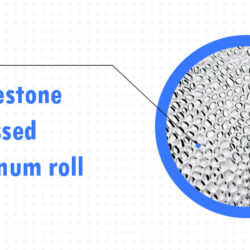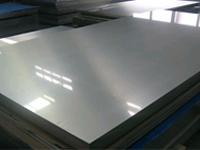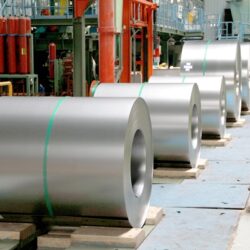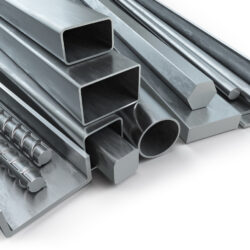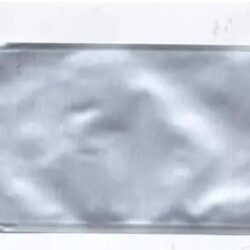S275 steel is an unalloyed low carbon mild steel grade supplied as hot rolled. As a low carbon steel specifications S275 provides low strength with good machinability and is suitable for welding.
S275 steel is a general-purpose structural steel that is used widely in the construction industry due to its strength and workability properties. S275 is a low carbon steel most commonly supplied as plate, round, or flat bar.
Steel classification is regulated within Europe by the European Committee for Iron and Steel Standardisation, S275 steel complies with EN 10025 standard in Europe but may be referred to as A570Gr40 in the United States. Within Europe, all metals must meet specific criteria for their classification which includes rigorous regulation regarding strength and chemical composition.
For classification purposes within Europe, ‘S’ refers to the fact that this is structural steel. ‘275’ is a reference to the yield strength. Yield strength must meet the minimum requirement of 275 N/mm2. Testing for strength is carried out on sample material that is up to 16 mm thick.
How strong is S275 steel?
The strength of metal is tested using four strength scales – tensile strength, yield strength, impact strength and compressive strength. The most commonly used scales for testing the strength of steel are tensile and yield, these give metal its classification as these scales define mechanical properties. The tensile strength of S275 steel in MPa, tested on nominal thickness s275 of a range between 3 mm and 16 mm, is 370 – 530 MPa. The yield strength, tested on material 16 mm thick, is 36,000 psi/ 275 N/mm2.
